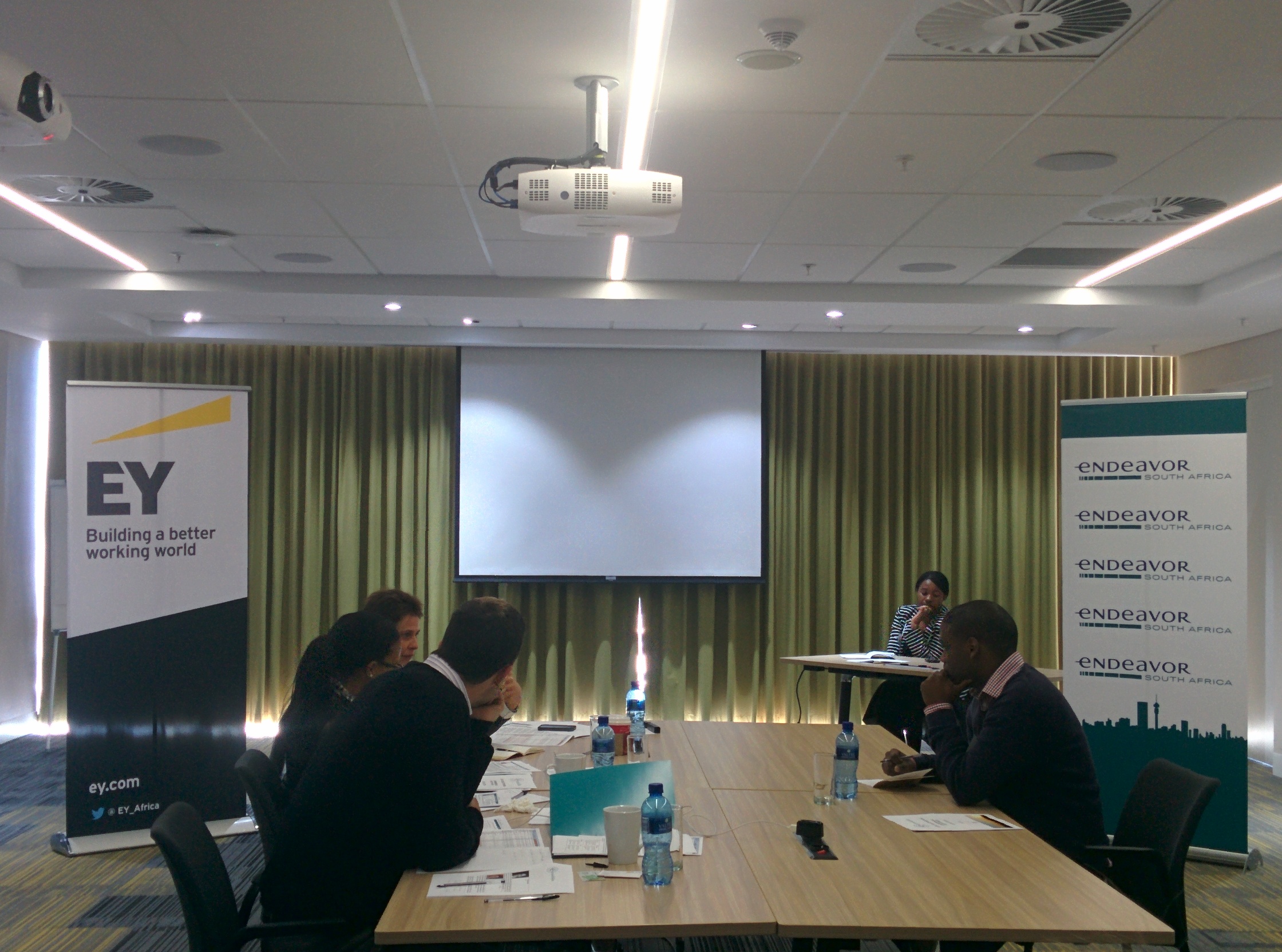Final Thoughts from South Africa
/Through the smoke coming from the braii (South African BBQ) one could hear the chimes of local entrepreneurs discussing African business, local beer and wine in hand. It was a gathering of the businesses in the cool, up-and-coming 44 Stanley complex, a converted factory that now hosts media and ad agencies, architects, cafes, local artisan shops, a beer garden, and our Endeavor office.
Everyone was friendly, interested to know what each other did and where they came from. Almost nobody was from Johannesburg, but come here since Joburg is the hub of the South African economy. In my time here I have consistently run into a similar conversation – “there is a huge talent shortage and these new laws are only going to make it worse.”
As my time in South Africa comes to a close I thought I would take this opportunity to reflect on this overarching theme, as it strikes at the heart of my Fletcher education.
Entrepreneurship is abuzz in Joburg as the national unemployment rate is 25% and the government looks to solve the problem through entrepreneurship. One of the critical ways it does this is by legislating how businesses must employ black people, and spend money supporting SME black enterprises and entrepreneurs. This policy, BBBEE (Broad Based Black Economic Empowerment), has extreme effects on the SA economy so let me take a second to explain it further. Businesses get a score (level 1-8, 1 being the highest and 8 lowest) based upon factors in five areas:
- Ownership – Amount of black ownership
- Management Control – Amount of black executive leadership and voting rights
- Skills Development – Amount of black employees and skills training received
- Enterprise and Supplier Development – Amount of spending on suppliers who are black enterprises; contributions to economic development programs that benefit black businesses
- Socio-economic Development – 1% of NOPAT (net operating profit at tax) must be spent on economic development that is geared towards income generating activities for black beneficiaries
One should also note that SA has some of the most labor-friendly employment laws, making it very difficult to fire an employee.
You can imagine the many ways BBBEE affects business, from administrative costs to limiting the pool of candidates it can hire. This would not be an outrageous issue if there were well-qualified candidates, but alas the SA education system is horrendous! For example, a recent World Economic Forum Report ranked South Africa the worst in the world for math and science education.
Historically, South Africa has had the largest and most advanced economy in Africa. However, recent data shows Nigeria to now be the largest economy in Africa. At Fletcher we live at that intersection of economics, politics and society – and nowhere is that more relevant than this topic in South Africa. The combination of a poor education system, which has many causes, and a poor BBBEE policy has choked South African businesses, and thereby stifled the economy. Businesses must divert skills and resources from their primary business activities to adhere to BBBEE, making them less competitive and productive. They must also get employees trained-up so they are capable of doing their jobs, and highly skilled labor is expensive. Yet, despite these factors there is still a skills shortage in SA. Normally, this would be a great opportunity for a young professional like myself, but alas the government has passed new legislation that extremely restricts importing labor to ‘critical skills’. My favorite example of a ‘critical skill’ - sheep shearer.
Since being in SA I have heard of a Fletcher alum who has lived in SA for several years being stuck in DC for weeks due to his visa being “in process”; his visa has been “being processed” for two years. A friend and her boyfriend who employ more than 10 people whose visa is now expiring within 90 days, their extension was denied. An American who has lived in SA for 11 years, owns a home, has a family and employs several people who might have to spend a year in the US waiting for a visa renewal because nobody knows how to implement the new legislation. The government’s justification for this poor law is the same old excuse -- foreigners are stealing jobs. This is just sad. Poor government policies seem to be based upon a poor understanding of economics. As Keynes explained, a dollar is worth more than a dollar having pass-through effects in the economy. Ricardo’s theory of competitive advantage, another underpinning of a globalized economy, hinges upon the idea that countries are better off importing what they are not good at and exporting what they have a competitive advantage in -- in this case SA needs to import skilled labor. Skilled labor, like myself, will not be stealing a job, but filling one that will actually help grow the economy; thereby having knock-on effects that are likely to create other jobs for many of those unskilled unemployed people.
I recognize that there are real and valid reasons for the government’s policies, rooted in a tumultuous history. Yet, the inherit problems will not be solved in a short time-frame. Should SA radically reform its education so that labor is capable of filling the need, it will take at least a decade. It is true that there are two worlds in SA rich and poor, where skin color is often the clear delineation. Yet the current policies will not alleviate this for the masses. My primary lesson from my time in SA is that poor policies rooted in xenophobia will only further stifle the country’s economic progress and make it harder to achieve the government’s aim. It might think it’s winning the battle, but it is slowly losing the war. SA must continue its efforts to reform the education system, while opening up its economy to skilled labor if it wanted to thrive.


